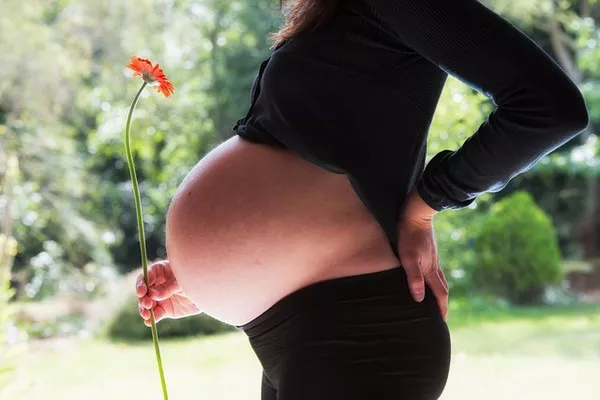Current understanding of Oropouche virus disease in pregnancy is based on limited case reports. The disease’s manifestations in pregnant individuals are anticipated to be similar to those in non-pregnant individuals, including acute onset of fever, chills, headache, myalgia, and arthralgia. As of now, the clinical management for acute Oropouche virus infection in pregnant individuals is recommended to follow the same protocols as for non-pregnant individuals.
Impact on Pregnancy and Infants
Data on the impact of Oropouche virus on pregnancy outcomes are sparse. Limited evidence from Brazil suggests that vertical transmission of the virus is possible. However, the frequency of such transmission and whether the timing of infection during pregnancy affects outcomes remain unclear.
Case Reports
Case 1: A pregnant woman at six weeks of gestation exhibited symptoms and laboratory-confirmed Oropouche virus infection. The pregnancy resulted in a miscarriage at eight weeks, but it is uncertain if the miscarriage was related to the infection due to the lack of testing on the products of conception.
Case 2: A woman at 30 weeks of gestation experienced symptoms of Oropouche virus and sought medical attention two weeks later due to decreased fetal movement. The pregnancy ended in fetal demise, with Oropouche virus detected in various fetal tissues, including the brain, liver, kidneys, lungs, heart, spleen, as well as the placenta and umbilical cord.
Case 3: Reports from the Brazil Ministry of Health indicate newborns with microcephaly and IgM antibodies against Oropouche virus. One detailed case involved a woman with symptoms during her second trimester. An abnormal fetal ultrasound at 33 weeks showed oligohydramnios, microcephaly, and severe ventriculomegaly. The infant, born at 36 weeks, was diagnosed with microcephaly and joint contractures, with Oropouche virus detected in various tissues and fluids. The infant died at 47 days old.
Fetal Screening and Detection
Insufficient data exist to determine the optimal timing for fetal ultrasounds following Oropouche virus infection. Serial ultrasounds, every 4 weeks, are recommended to monitor fetal anatomy and growth, focusing on neuroanatomy to detect potential abnormalities such as microcephaly.
In cases where early infection is reported, abnormalities might be detected in later stages of pregnancy. Ultrasound sensitivity and accuracy depend on factors like timing, severity of abnormalities, and the expertise of the sonographer. Consulting with a high-risk prenatal care provider or an obstetrician with expertise in congenital infections is advisable.
Amniocentesis
The role of amniocentesis in detecting Oropouche virus or its genetic material remains unknown. While amniocentesis is utilized for other congenital infections, testing for Oropouche virus in amniotic fluid is currently unavailable.
Treatment and Prevention
Currently, there are no specific antiviral treatments or vaccines for Oropouche virus disease, nor for its potential vertical transmission or congenital effects. Management of the disease in pregnancy remains supportive and symptomatic.
For further guidance, healthcare providers should stay updated on emerging research and consult with specialists in infectious diseases and prenatal care as necessary.

